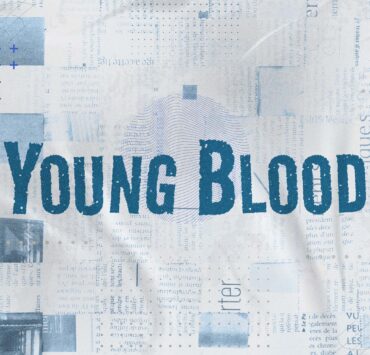Treating HIV: A call for moral clarity and a cultural renaissance

The Department of Health (DOH) wants to declare HIV a national public health emergency. On deeper analysis, a 500-percent increase in HIV cases among Filipinos aged 15 to 25—some as young as 12—is not just a medical emergency, but a cultural one. If we are to face this crisis honestly, we must go beyond the typical surface-level and ideologically Western solutions.
We have to address the deeper roots.
According to the DOH’s data last year, about 89 percent of new HIV cases in the country are among men who have sex with men. This is not a mere moral judgment—it’s an epidemiological fact. Any serious strategy must begin with this fact.
Yet too often, public health campaigns focus exclusively on risk management: more condoms, more testing, more treatment. Around the world, as Harvard research scientist Edward Green has shown, countries that prioritized behavioral change—not just medical or technological fixes—saw the most dramatic and lasting results. He even warned that promoting condoms alone can lead to ”risk compensation,” where people engage in riskier sex because they feel protected.
Take Uganda, which reduced its HIV rate from 15 percent to 5 percent (a 67 percent drop) through the ABC strategy: Abstinence, Being faithful, and Condoms when necessary. Zimbabwe achieved up to a 75 percent reduction in HIV incidence among young adults, driven primarily by delay of sexual debut, partner reduction, and increased fidelity. In contrast, countries that relied mostly on condoms and pre-exposure prophylaxis, as our government wants to do, typically achieved only 30 to 50 percent reductions. The Philippines, once admired for its low prevalence due to cultural restraint, is now seeing a spike as those moral norms weaken.
Historically, our culture helped shield us from such epidemics. Strong family ties, religious values, and deep respect for chastity played a protective role.
Good parents still tell their children this beautiful Filipino proverb: “Ang puri’t dangal mas mahalaga kaysa buhay. (Chastity and honor are more valuable than life.)”
If we are to save lives—especially among our youth—we must do more than manage high-risk behavior. We must discourage it altogether. As with smoking or drugs, true prevention means not just “doing it more safely,” but not doing it at all.
That means, using the latest management literature that stresses habits:
• Encouraging faithful, committed relationships that lead to marriage over casual encounters.
• Equipping parents to talk about the value of self-discipline, in food, in drinks and in the positive habit of chastity
• Teaching our young that freedom is not doing whatever we feel, but choosing what is good and true so as to live a deeply happy life.
• And yes, promoting the reverence due to the great dignity of each human body and of sex that brings forth new human lives.
The deepest protection isn’t a pill or a packet—it’s in the formation of character, the strengthening of conscience, and the rebuilding of culture.
We need a whole-of-government and whole-of-society approach—but more than anything, we need moral clarity and a cultural renaissance.
Let’s stop treating HIV as just a technical problem. It is deeply moral, relational, and cultural. And until we restore Filipino hearts to our beautiful culture—lumingon tayo sa ating pinanggalingan—we will not change the numbers. We can even worsen them.
Character protects societies. Our national heroes and forefathers taught us so. Let’s do our part in protecting our society today.
Dr. Raul Nidoy,
University of Asia and the Pacific

















Building the foundations of our digital future